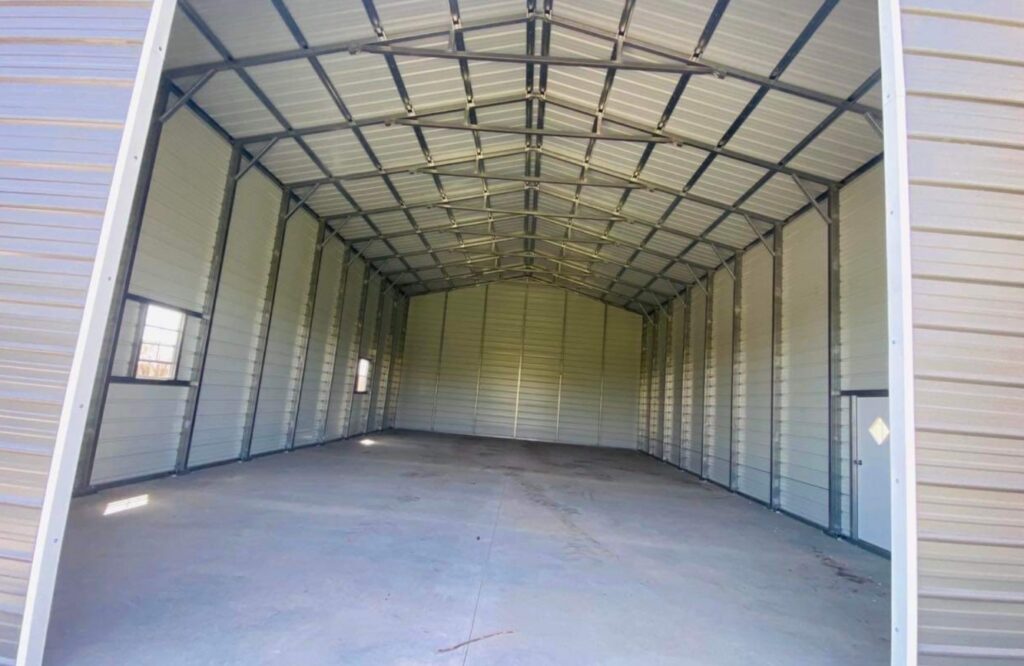
Building a steel carport is a practical and cost-effective solution for protecting your vehicles, outdoor equipment, or even creating additional storage space.
However, like any construction project, there are several factors to consider before you start building.
Here are the key things to know when planning and constructing your steel carport.
1. Know Your Purpose
Before you begin the actual construction, it is important to determine the main purpose of your steel carport. Are you using it solely to protect your vehicles from the elements, or do you need additional space for outdoor equipment or even a workspace? Knowing how you intend to use the carport will influence its size, style, and additional features like storage units or built-in shelving.
2. Local Building Codes and Permits
One of the most critical steps is to check local building codes and regulations. Different municipalities have specific requirements regarding the size, location, and materials used in carport construction. Some areas may require a building permit before you can start, especially if the structure is larger or located close to property lines. Make sure to research these rules to avoid delays or fines once construction is underway.
3. Location and Orientation
Where you build your steel carport matters. Choose a location on your property that is level and has proper drainage to prevent water from pooling around the base. Additionally, consider the carport’s orientation in relation to the weather. For instance, positioning the structure so that the open sides face away from prevailing winds can provide extra protection from rain and snow.
4. Customization Options
Steel carports are highly customizable. From choosing the roof style—such as flat, gabled, or hip—to selecting colors and finishes, you have a variety of options to make the carport blend seamlessly with your home’s aesthetic. You can also add features like side panels, additional storage, or even insulation depending on your needs.
5. Durability and Maintenance
Steel is a highly durable material, resistant to many environmental factors like rust, termites, and fire. However, it’s important to opt for galvanized steel to prevent corrosion, especially if you live in an area with high humidity or frequent rainfall. While steel carports require minimal maintenance, occasional inspections for wear and tear, tightening of bolts, and cleaning will ensure its longevity.
